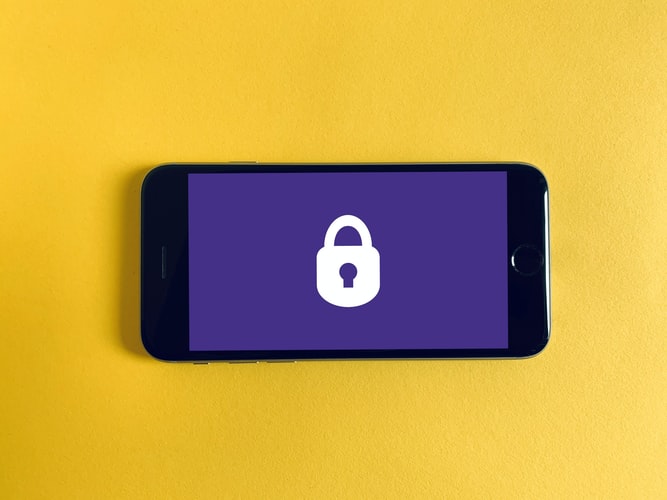The pandemic has led to a surge in frauds in the digital spaces. Scammers leave no stone unturned when it comes to minting money from vulnerable users. As India struggles with the second wave of COVID-19, scammers have taken it upon themselves to exploit this opportunity. Frauds involving vaccine, donations, fake medical supplies, and more is on the rise.
This is no different than the situation last year when fake PM care fund messages were used to scam innocent donators. This year the scam mission has entered social media spaces. Social media platforms like Instagram, Twitter and Facebook have been providing immense help to the people in need of medical resources. It is helping people in need to locate hospital beds, oxygen cylinders and other Covid 19 resources.
People are continuously sharing requests, verified leads, guides, and more. However, this is coming at a cost. These leads are promptly shared and even amplified by various users, a lot of times by famous influencers too. However, there are a lot of unverified leads, misinformation, fake profiles that take advantage of distressed and desperate users in the guise of help.
These leads also often have ‘verified’ written against them which makes it easier to trust them. These imposters generally have authentic names and pose as real medical suppliers. Their addresses will have Oxygen suppliers, CO-WIN, etc. written on them. For booking purpose, they tend to ask for the whole amount in advance and in online modes of payment like Whatsapp, UPI, PayTm, Google Pay, and more. After receiving the money they tend to block the person in need.
These scammers usually charge on the basis of what they think a guardian can pay.
Here is a tweet thread by Suganda Rakha that talks about Covid-19 scams.
“If you come across a new lab, do an online search by typing the company name and adding ‘fraud’ to it. There is a good probability that victims would have talked about it on social media,” said Prashant Mali, a Mumbai-based cybersecurity expert.
Scammers are even going to the extent of faking medicines. They create duplicate meds and jabs and are selling them to vulnerable people seeking help. This is especially happening with the drug remdesivir. It is being sold for black in the Indian market for about Rs 75,000 whereas its original price is only about 899 as reported by BBC.
Here is how you can spot fake remdesivir.
The situation of fake remdesivir aggravated and pharmaceutical company, Cipla had to issue an official statement regarding it.
One needs to be cautious while donating too. If you want to donate, preferably look at already established NGOs.
Some of the steps that you can take to be safe are:
- Double-check links and email addresses before clicking.
- Check for spelling errors on the website link. They generally indicate a scam
- Do not give personal information out in the public
- Always check the source of your leads.
- Try searching the company’s name on Google. Add the keyword ‘fraud’ beside its name and evaluate the results
- Check for fraud alerts on social media platforms.

